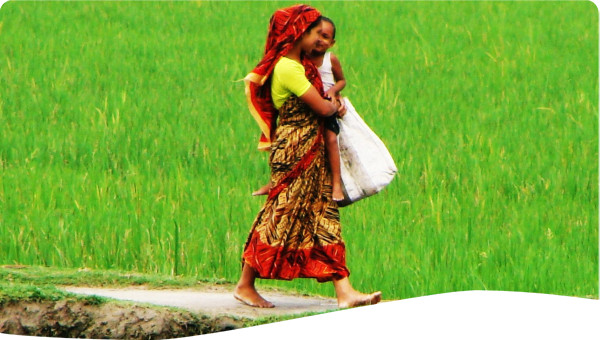Scholars have demonstrated that citizenship is tied to water provision in megacities of the Global South where water crises are extensive and the urban poor often do not have access to public water supplies. Drawing from critical feminist scholarship, this article argues for the importance of analyzing the connections between embodied intersectionalities of sociospatial differences (in this instance, gender, class, and migrant status) and materialities (of water and water infrastructure) and their relational effects on urban citizenship. Empirical research from the largest informal settlement in Dhaka, Bangladesh, as well as surrounding affluent neighborhoods, demonstrates that differences in water insecurity and precarity not only reinforce heightened senses of exclusion among the urban poor but affect their lived citizenship practices, community mobilizations, and intersectional claims-making to urban citizenship, recognition, and belonging through water. Spatial and temporal dimensions of materialities of water and infrastructure intersect with embodiments of gender, class, and migrant status unevenly in the urban waterscape to create differentiated urban citizens in spaces of abjection and dispossession. The article argues that an everyday embodied perspective on intersectionalities of urban citizenship enriches the scholarship on the water–citizenship nexus.
Description / Abstract
Publication year
English
 Resource -
Resource -
